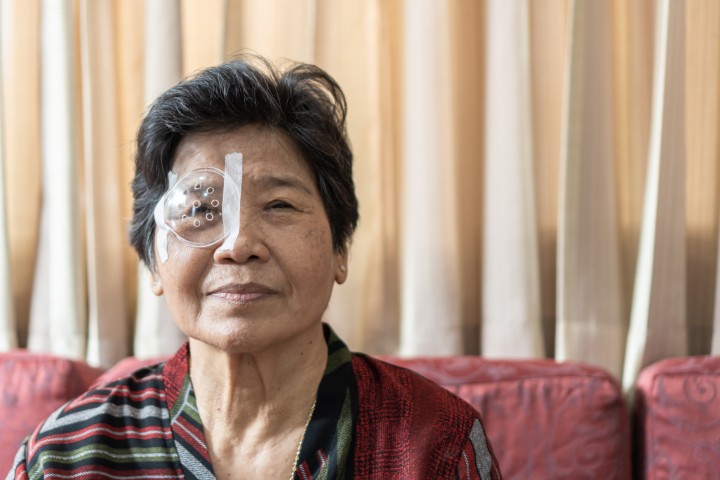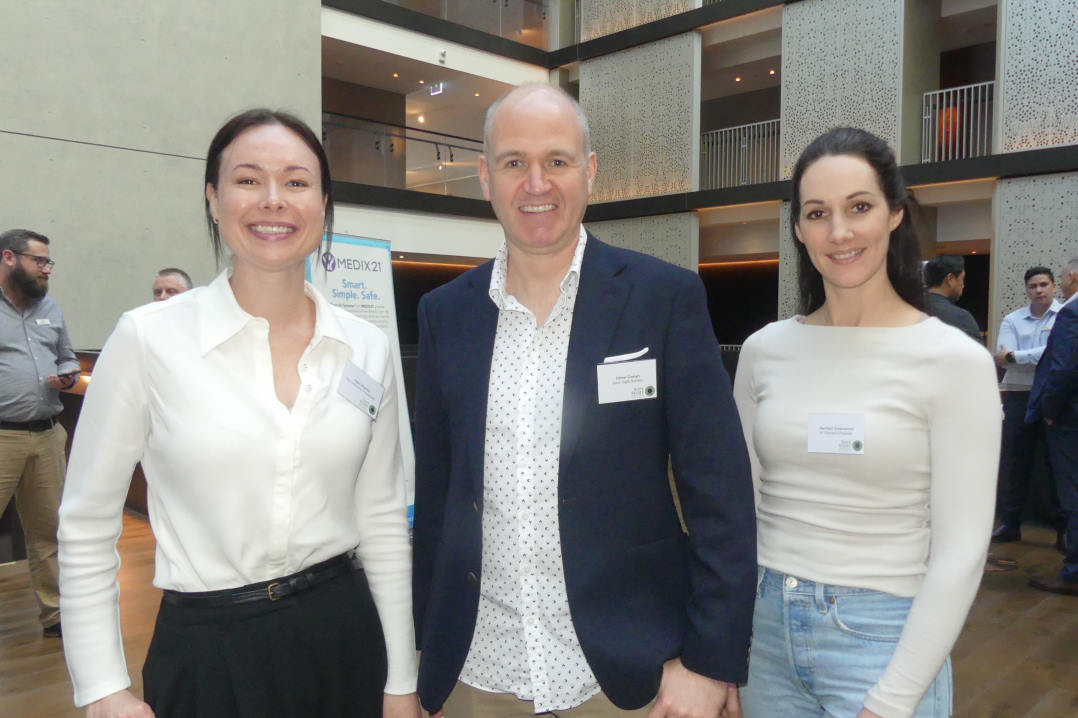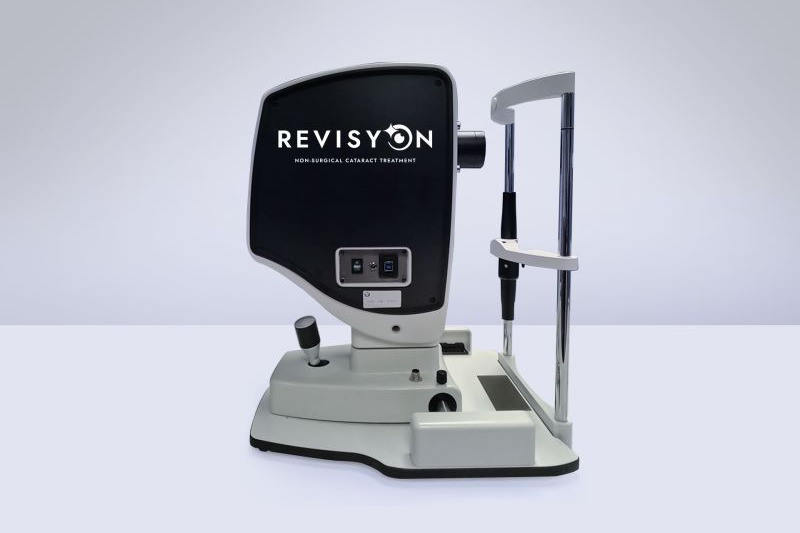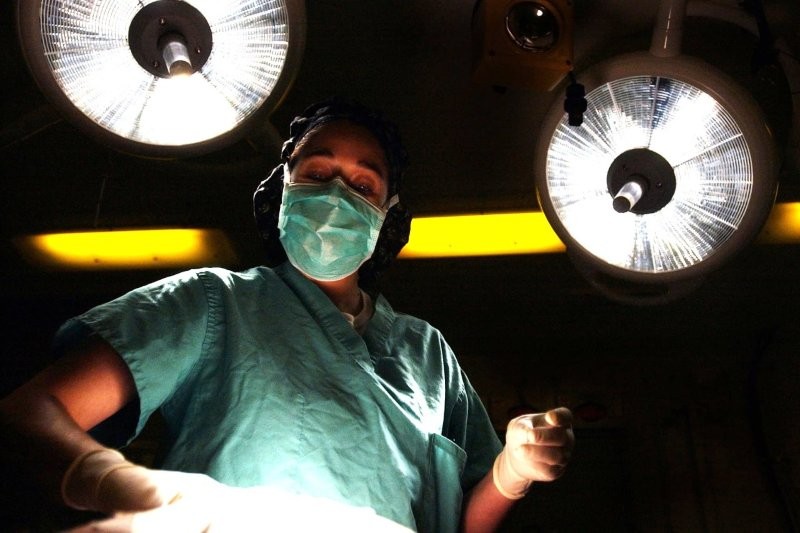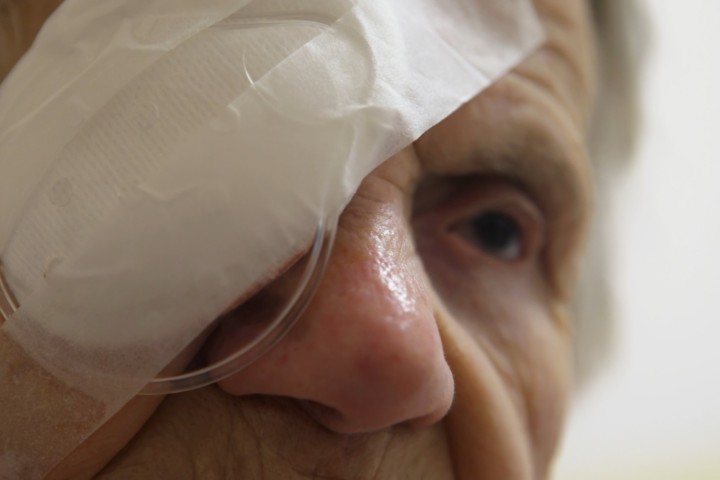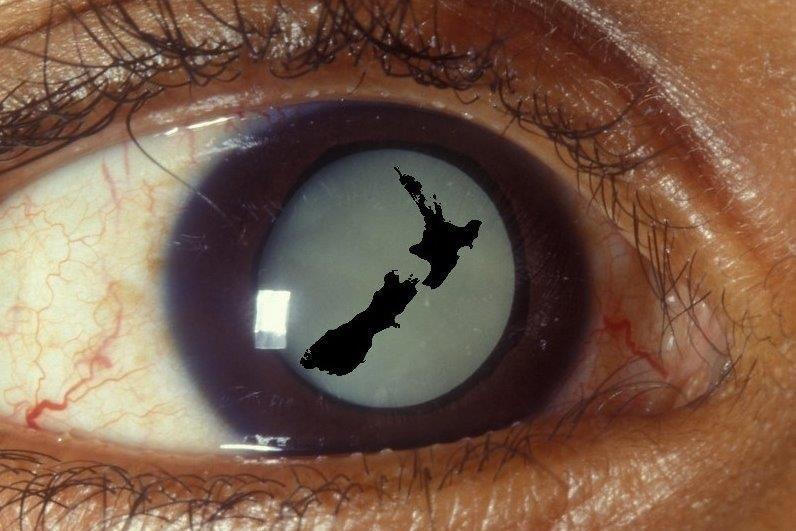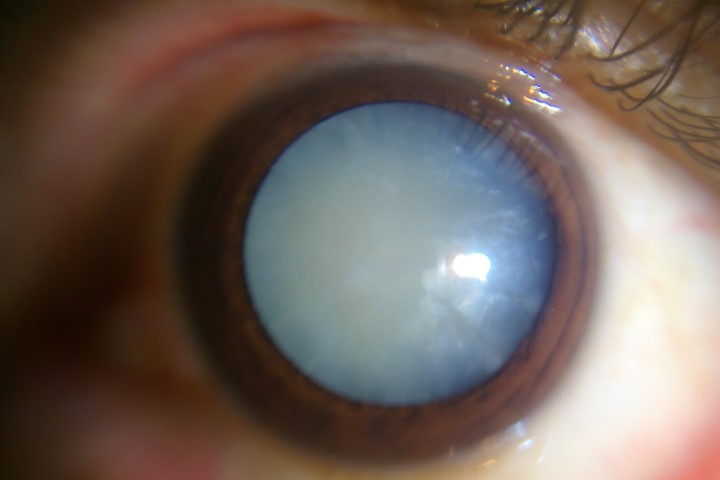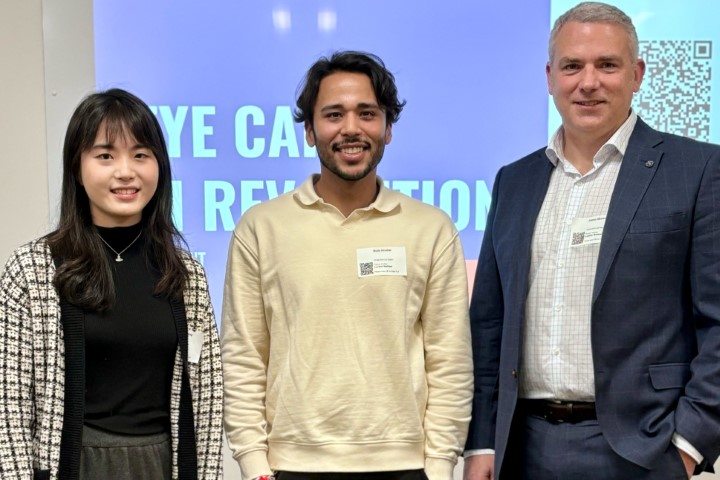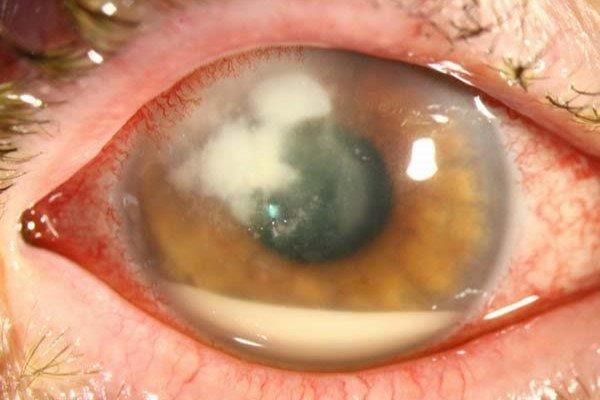Outsourcing cataract surgery isn’t the problem – it’s the solution!
If you or a loved one have been stuck on a waiting list for cataract surgery, you know how frustrating and disheartening the experience can be. Losing vision slowly, over months, or even years, affects every part of your life. Simple things, like driving, reading or even recognising those you care about, become difficult. Yet, in New Zealand, hundreds of people are still waiting far too long for a surgery that takes fewer than 20 minutes to complete.
The good news? There’s a solution that’s already working – private providers are equipped and ready to help. They can deliver cataract surgery faster, cheaper and just as safely as the public system (if not more so!). The problem? Health NZ isn’t fully embracing this option, leaving patients waiting – sometimes for years.
How can we help?
Let’s look at the numbers. In Northland, the average wait time for publicly funded cataract surgery is 81 days and can stretch to an eye-watering 770 days. That’s over two years of impaired vision, increasingly having to rely on others, missed opportunities, reduced independence and, for some, avoidable accidents like falls.
But here’s the kicker – private providers can fix this, with their patients receiving surgery >62% faster than others in the public system. Dedicated surgical teams can perform far more procedures in a day – 125% to 140% more surgeries per theatre session – than Health NZ.
Why we are not outsourcing more cataract surgeries to private clinics is something we need to ask ourselves as a country.
It’s not about cost, it’s about priorities
You might think outsourcing costs more, but that’s not true. In fact, it’s significantly cheaper. Cataract surgery performed at Whangārei Hospital costs $4,706 per procedure, while private clinics across the Northern region (Northland to Counties-Manukau) have been contracted to do the same surgery for just $2,508. That’s a saving of 40% per surgery – money that could go a long way toward improving other parts of our overstretched health system.
But here’s where the conversation needs to evolve: rather than focusing solely on cost-cutting, why not explore a fair risk-sharing model? Under this approach, the cost savings from outsourcing would be shared between Health NZ and private providers. This would create a win-win situation: providers would be rewarded for delivering high-quality, efficient services, while Health NZ would still benefit from significant savings compared to in-house procedures.
Currently, private providers are expected to perform cataract surgeries at nearly half the rate of what the public system pays them, often below the cost of the procedure. That imbalance raises questions: Is it sustainable? Is it fair? Outsourced providers carry the financial risk, covering staff, facilities and technology, yet they’re compensated far less than public hospitals. A risk-sharing model would address this imbalance by ensuring private providers are fairly supported while keeping public healthcare costs in check.
If all Northland cataract surgeries were outsourced, the savings could exceed $1.1 million annually. Sharing a portion of those savings with private providers would incentivise greater participation and innovation while maintaining the cost efficiencies Health NZ needs.
This approach isn’t just about fairness, it’s about creating a sustainable partnership. Private providers play a vital role in clearing waiting lists and improving patient outcomes, and their contribution should be recognised and rewarded. By sharing the gains, we can ensure this model benefits everyone – patients, providers and the public health system.
Quality isn’t a trade-off
Some people worry that outsourcing to private providers could mean lower-quality care. But the evidence says otherwise. Private ophthalmology practices specialise in cataract surgery. They have the skills, facilities and the focus to achieve consistently excellent results. At our practice, Eye Specialists in Northland, more than 96% of patients achieve outcomes within our narrow target refraction range (a level of precision that’s hard to beat).
Private clinics are also leading the way with innovations like immediate sequential bilateral cataract surgery (ISBCS). This approach allows patients to have both eyes treated in a single session, reducing hospital visits, travel costs and recovery time. It’s safe, efficient and practical. Compare this to public hospitals that generally continue to offer only unilateral surgery, with a monofocal lens.
The answer is collaboration
Outsourcing isn’t about replacing public hospitals or creating competition. It’s about collaboration. Public hospitals are stretched thin, and their resources need to be prioritised for emergency care and complex medical cases. By shifting routine, high-volume procedures like cataract surgery to private providers, we free up those resources while getting patients the care they need faster.
It’s a simple solution that benefits everyone, yet private providers are still being underutilised. In Northland, for example, only 150 cataract surgeries were allocated for the 2023/24 year, against the initial 400 sought via outsourcing. These volumes are a fraction of the capacity of private providers. To put this in perspective, private providers could complete the same annual volume of cataract surgeries currently done in Northland’s public hospitals in just 28 theatre days.
Imagine the difference that could make! Waiting lists would shrink, patients would regain their independence faster and hospitals would have more breathing room to tackle critical cases.
It’s time to prioritise patients
New Zealand’s public health system is facing immense pressure. We can’t fix everything overnight, but we can take practical steps to improve patient outcomes right now. Outsourcing cataract surgeries to private providers is one of those steps.
To do this we need Health NZ to commit to:
- Guaranteed volumes: long-term, performance-based contracts that allow private providers to plan effectively
- Fair pricing: sustainable agreements that deliver savings without undervaluing private-sector expertise
- Better collaboration: a coordinated effort to clear waiting lists and give patients the care they deserve.
This isn’t a radical idea – it’s common sense. Private providers are ready and willing to help. The infrastructure is there, the expertise is proven and the cost savings are undeniable. All that’s needed now is the will to act.
Let’s make the change
Cataract surgery is about more than restoring sight – it’s about restoring dignity, independence and quality of life. Patients shouldn’t have to wait months or years for a simple procedure, especially when there’s a solution staring us in the face. The public and private sectors can, and should, work together to tackle this issue. It’s time to stop waiting and start acting!

Nick Swain is the general manager of Eye Specialists in Northland and has worked across primary care, private specialist, NGO and DHB for over 20 years. All the statistics included in this article were obtained through OIA requests or direct from Eye Specialists’ practice information.









